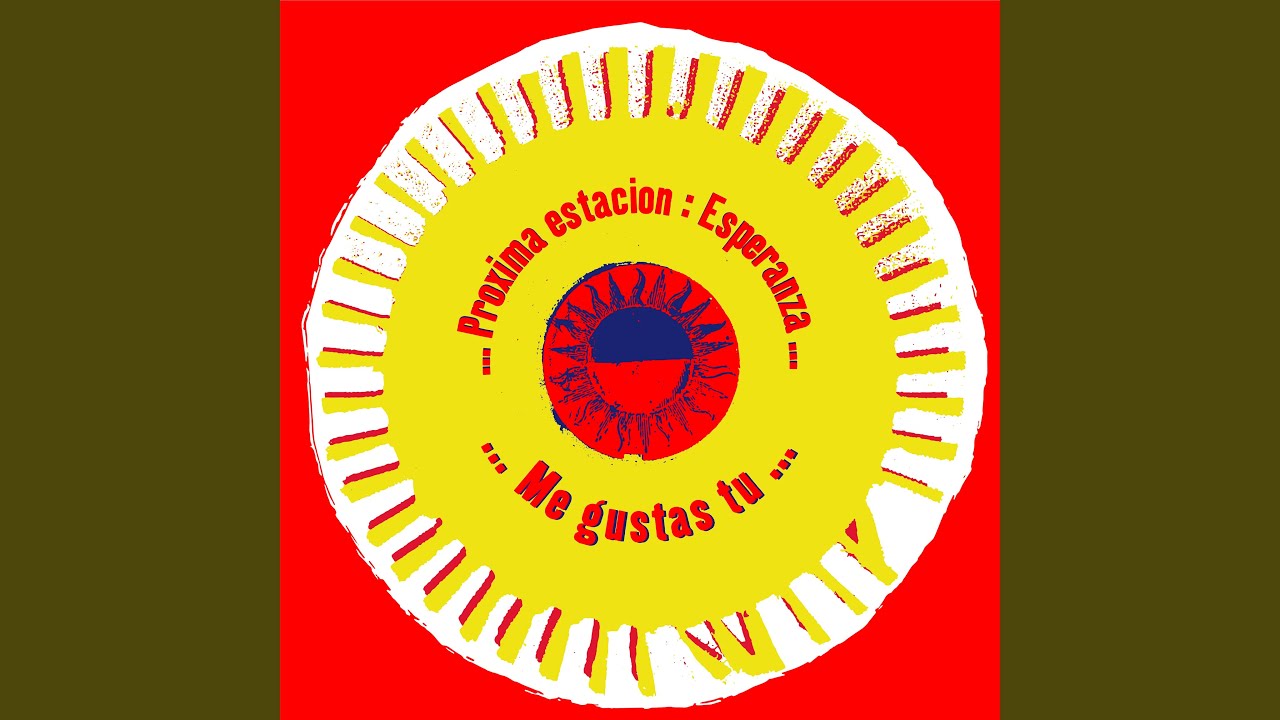Me Gustas Tu, a popular song often encountered in Spanish classes, presents a wonderful opportunity for language exploration.
The lyrics, seemingly simple, hold layers of meaning. Teachers can leverage this to enhance student understanding.
Breaking Down the Lyrics
The core phrase, "Me gustas tú," directly translates to "You are pleasing to me." It's important to emphasize that it's not a direct "I like you."
The verb "gustar" functions differently than English liking verbs. It expresses that something is pleasing to someone. Therefore, "you" are the subject causing the liking, and "me" is the indirect object receiving the feeling.
Common Misconceptions
Students often struggle with the indirect object pronoun. They might translate "me" as "I." Clarify its role: it indicates who is experiencing the liking.
Another misconception is viewing "Me gustas tú" as purely romantic. While it can be, it also expresses general appreciation. Context is key.
Explain the difference between "Me gustas tú" and "Te quiero" or "Te amo." These express deeper affection, bordering on "I love you." "Me gustas tú" is lighter, more casual.
Teaching Strategies
Start by playing the song. Let students familiarize themselves with the melody and overall feeling.
Provide a lyric sheet with the key phrase highlighted. Discuss the grammatical structure of "Me gustas tú."
Use visuals! Create a simple diagram showing the subject (tú), the verb (gustar), and the indirect object pronoun (me).
Engaging Activities
Fill-in-the-blanks: Remove key words from the lyric sheet. Students listen and fill in the gaps.
Sentence building: Provide sentence starters using "gustar." For example: "Me gusta el chocolate..." Students complete the sentence with things they like.
Pair work: Students interview each other using "¿Qué te gusta?" (What do you like?). They then report their findings to the class using the "Me gusta" structure.
Culture connection: Discuss the cultural nuances of expressing liking in Spanish-speaking countries. How does it compare to English-speaking cultures?
Beyond the Basic Phrase
The song repeats "Me gustas tú" extensively. This repetition is a pedagogical advantage, reinforcing the concept.
However, the verses introduce a variety of nouns. Use these to expand vocabulary related to objects, places, and experiences.
For instance, the song mentions "la moto," "viajar en moto," and "la mañana." These can be starting points for mini-lessons on transportation, travel, and time.
Expanding Vocabulary
Nouns: Create flashcards with images representing the nouns in the song. Students practice pronunciation and association.
Verbs: Introduce verbs related to the nouns. For example, with "la moto," you could introduce "conducir" (to drive) or "montar" (to ride).
Adjectives: Use adjectives to describe the nouns. "La moto roja" (the red motorcycle) or "la mañana soleada" (the sunny morning).
Grammar Focus
After mastering "Me gustas tú," introduce other indirect object pronouns: "te," "le," "nos," "os," "les."
Explain how the pronoun changes depending on who is experiencing the liking. Example: "Le gusta el café" (He/She likes coffee).
Practice using "gustar" with different subjects. For example: "Me gustan los libros" (I like books). Note the plural form of "gustar" when the subject is plural.
Indirect Object Pronoun Practice
Substitution drills: Provide sentences with "Me gusta..." and have students substitute the indirect object pronoun to refer to other people.
Translation exercises: Present English sentences like "He likes the dog" and have students translate them into Spanish using "gustar."
Game: Play a game like "Simon Says" but use "gustar" phrases. For example, "Simon says: Te gusta bailar" (Simon says: You like to dance).
Cultural Sensitivity
When discussing expressions of liking, be mindful of cultural sensitivities. Discuss appropriate ways to express appreciation in different contexts.
Emphasize that while "Me gustas tú" is generally harmless, it's crucial to consider the relationship and situation before using it.
Promote respectful communication and awareness of cultural norms.
Encouraging Critical Thinking
Discuss the song's message. What is the artist trying to convey? Is it simply a declaration of liking, or is there a deeper meaning?
Encourage students to analyze the lyrics and identify the speaker's perspective. How does the repetition of "Me gustas tú" contribute to the song's overall impact?
Promote critical engagement with the song beyond just the translation. Foster understanding and appreciation for cultural expression.
By using Me Gustas Tu as a springboard, you can make learning Spanish engaging and effective. Focus on grammatical structures, vocabulary expansion, and cultural awareness.
Remember to create a fun and supportive learning environment. Students will be more likely to participate and retain the information.


